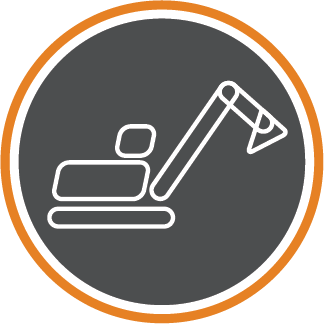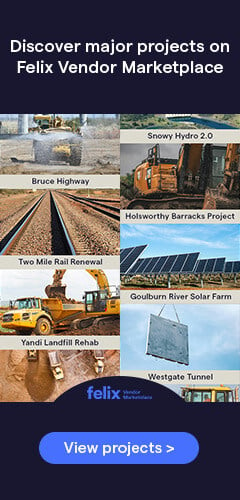We’ve noticed a concerning trend throughout the Australian construction industry, within companies of all sizes and disciplines. Many of these companies do not facilitate simple collaboration between the estimating and project delivery teams. Some believe that a shared Drop Box folder or two-hour handover meeting is sufficient, but the reality is that this information is regularly forgotten, misconstrued or ignored. The result? Wasted resources and a significant cost to the company.
The reason is relatively simple – each business unit has a primary focus that may not tie in directly with another.
Take an estimator for example, whose aim is to win work. Once achieved, the actual construction becomes someone else’s problem. Estimators gain valuable insight into the project specific challenges during the tendering process, so it makes sense to share this with others. Not sharing these findings forces the project delivery team to start the learning process from scratch.
We’ve seen many estimating teams referring to a vendor database that is completely different to both their colleagues and project managers in the field.

Similarly, a project manager’s focus is to turn a profit for the company. Using knowledge and experience, the project delivery team is driven to minimise costs without exposing themselves to unnecessary risk. Too often, the cheapest vendor is chosen on price alone. Project delivery teams continue to learn this the hard way when a supplier or subcontractor’s performance is a detriment to the success of a project. Again, this invaluable insight is not filtered back to the appropriate business units (pre-contracts or other project teams) to take into consideration when building their next bid or letting their next contract.
Procurement is undoubtedly one of the most commonly repeated tasks during these handovers. Identifying suitable vendors, vetting quotes and using these prices to form the bid is often performed by multiple staff, each following their own process. Information gets lost in emails, spreadsheets and conversations over the phone making it difficult to share.
Unfortunately for contractors, the current trends mentioned above do not only have a negative affect on pre-contracts and project delivery teams. We find that in most cases the lack of transparency causes all sorts of administrative and operational risks for commercial and WHSEQ teams.
By bridging the void, these teams would make better use of the resources at hand, however, the inherent problems that spring from running disconnected business units will continue to hinder productivity, risk mitigation and profit margins.
PlantMiner continues to make the procurement process simpler for both sides of the hire process, allowing both estimators and project managers to engage with the local market and preferred suppliers in one place.
Due to demand in recent years, we have developed an enterprise procurement software (think of it like a PlantMiner Plus), called procure it. This platform gives businesses the ability to manage their entire procurement process, from sending RFQs and compliance management, to probity and supplier reviews.
For a free demo of PlantMiner’s enterprise platform, procure it, get in touch with the team at procureit today.

Related Articles

Karratha Health Campus: landmark $207m hospital in WA to start construction mid-2016
Construction works are on the horizon for WA's $207m Karratha Health Campus, with the successful tenderer for the project, Joint Venture Cooper & Oxley and Brookfield Multiplex, due to commence work in mid-2016.

Doval Constructions improves efficiency + PlantMiner suppliers come out on top
We live in an unprecedented age of options. Cars, phones, jobs, products, lifestyles - at no other point in time has there been such a variety of choice. In our industry, we only have to consider past procurement habits. For decades, we had to labour and trawl through the yellow pages, cold call or use a generic search engine to find the equipment needed on site. It's expensive and time consuming.

EOI's open for $110m Chandler Highway upgrade in VIC
The VIC Government have called for expressions of interest to build the $110m Chandler Highway upgrade in Melbourne. EOIs close Wednesday 15 June, and interested companies will be shortlisted prior to a tender process, which is expected to start in mid-2016.
Get the latest project news
- updates on Australia's pipeline of state and federal projects
- fresh contract awards from major contractors and builders
If you're looking to contact us about other matters, please contact us.


